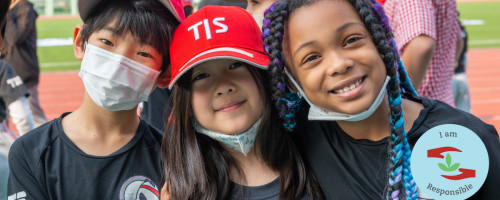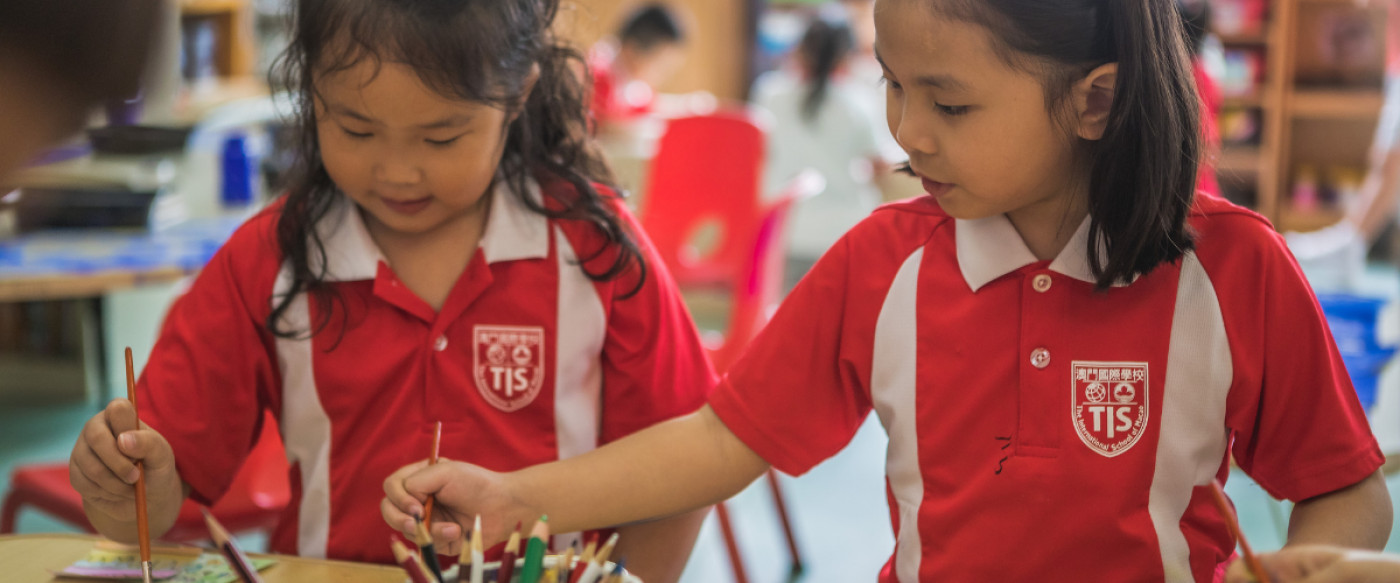
The Importance of Teaching Children to Take Responsibility for Their Actions
One of the most powerful things that I have learned is that I am 100% responsible for all of my relationships. When I finally understood this, accepted this, and lived by this, I was a lot happier and had a lot fewer problems. I realized that I have the power to change my behaviour and responses to things to have more positive interactions with the people around me. If something isn’t great, I always have two choices: deflect blame onto someone else or reflect on my actions, attitudes, and words and determine what I can learn and how I can be better. There is such a tendency to blame other people for things in our lives that make us uncomfortable or unhappy. When things aren’t going well, it is difficult to acknowledge that we have a role in it.
I wish I had learned this lesson much earlier; it would have allowed me to understand better what I needed to do to make my life smoother much sooner.
So the question is, how can we help our children and our students take responsibility for their role in relationships and their missteps in life? How can we teach our children to withhold the judgment of others and have them accept each other not despite our differences but because of them? Here are some steps we can take at home to help our children do just that:
Don’t demand perfection. As parents, we must teach our children that failure and less than perfect are okay. Failure is essential. When we demand perfection, children are more likely to hide things or lie to avoid disappointing their parents. “The rise in perfectionism is especially troubling because it has been linked to an array of mental health issues — a meta-analysis of 284 studies found that high levels of perfectionism were correlated with depression, anxiety, eating disorders, deliberate self-harm, and obsessive-compulsive disorder.” (Raish, 2019). The message should always be that it’s okay to fail; failure helps us learn and grow (as long as we take ownership of these failures).
Don’t swoop in and save them every time something happens. Resilience can only be built through having to deal with uncomfortable situations. We need to empower our children to take responsibility and try to solve problems independently when appropriate to do so. “Resilience can help protect you from various mental health conditions, such as depression and anxiety” (Mayo Clinic, 2020). The more resilient our children are, the more able they will be to face the consequences of their choices and respond accordingly.
Model taking responsibility for your actions. Our children are always watching and listening. How we speak about our troubles, failures, and missteps will teach them a lot about how they can handle such things. “For instance, if you handle poor decisions with grace and don't beat yourself up, they'll also learn to be kind when they screw up” (Morin, 2021).
Part of the work we do at school with our students is to have them reflect on their behaviour. They are asked to think about their choices and what happened because of those choices. They are then asked to think about who was affected by their actions and how it made all parties involved feel. The most important part of the reflection is for the student to think about what they will do next time to ensure it doesn’t happen again.

It is much easier to deflect blame, criticize, and make other people the bad guy when something wrong happens. However, if we point the finger at ourselves and reflect on what we can do to change our circumstances and behaviour, we can better ourselves and live happier and fuller lives.
As adults, we all prefer working with and spending time with people who take responsibility for their actions and attitudes. People who deflect blame are challenging to be around. People who do not accept other people and their views and experiences are difficult to be around. People who are elitists believe they can do no wrong, and every poor thing that happens to them is always because someone else is not to a high enough standard; elitists are challenging to be around. People who have giant egos and cannot admit any wrongdoings are challenging to be around. Most things in your life are happening because of your choices. The sooner we teach our children to own these choices and take responsibility for them, the better equipped they’ll be to navigate myriad relationships and to be someone who can ultimately be a team player and a friend.
To read Ms Kiat's Vision Post on 教育孩子為自身行為負責的重要性 in Cantonese please select Read More.
請點擊「Read More」鏈結閱讀Ms Kiat發佈的教育孩子為自身行為負責的重要性文章。



